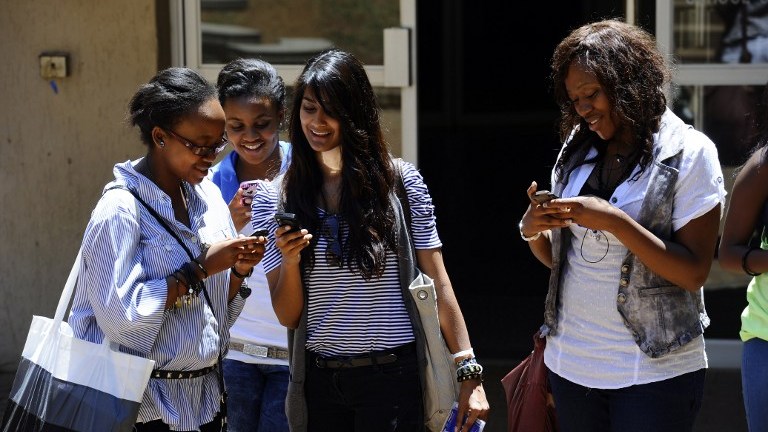Most people I know participate in some type of social media, including Facebook, Twitter, Instagram, LinkedIn, Pinterest, Google+, Tumblr, and others. These are all excellent ways to connect with old friends, stay “in the know” on the latest happenings, and network for business. However, it isn’t a good substitute for real, face-to-face interaction.
People are social creatures by nature, so when we have an opportunity to socialize, whether in person or online, we typically seize it. There is nothing wrong with that, but you need to know the downside of relying on virtual relationships for your social life. It’s also easy to forget manners when no one can see you in person.
Positives of Social Media
One of the best ways to find people who share similar passions and interests is online, through social media. You can connect with a much larger group without leaving the comfort of your home.
You can find old friends from the neighborhood where you grew up, high school, and college by simply typing their names into the search field on any social media site.
When their names pop up, simply click “add friend” or “follow,” and your connected. Before I did this, I often wondered what happened to people I’d lost contact with, and now I know.
Another thing I like about social media is that I can find out about events, movies, books, music and other interests that may have been more difficult to learn about before. I’ve purchased many books recommended by “friends” on Facebook and watched movies that have been tweeted by people who share common interests.
Social Media’s Negative Impact on Social Propriety and Good Manners
When you communicate mostly through social media, it’s tempting to let down your manners guard. Since others can’t see us, we might say something we wouldn’t ordinarily say to someone standing in front of us.
Here are some things we might let slip:
- Initial greetings – When we see people face to face or chat with them on the phone, we typically say, “Hi,” and ask about the other person’s day. With social media, we’re more likely to skip the greeting and jump right into the topic.
- Good judgment – Now that we have a bunch of “friends” and “followers,” we have an audience to share every single experience with. We think it’s fun to tell everyone what we had for breakfast, followed by some silly antics throughout the day, and then post silly or tasteless jokes to wrap everything up. After a while, this can make the person doing the posting come across as childish or needy. Another thing you should never do is post something you don’t want your grandparents, parents, or employer to see. Whatever you put on social media can be seen by anyone who has an account.
- Give and take – It’s very easy to be totally self-serving on social media because you can post things that are all about you. You have the cutest child in the entire world. You look fabulous in that new outfit. You have the coolest vacations ever. People will get bored by this and tune you out.
- Constant comments and “likes” – Remember that you don’t have to post a comment or click “like” on every single post your friends make. Retweeting is fine, but use discretion. Too much enthusiasm on social media makes you look like you’re trying to hard…and you probably are.
Unfortunately, bad social media habits often cross over into real life. You begin to believe all the epic things you post about your life, and you come across as a self-loving windbag. You may start talking in social media and slang. Your laughter turns into a series of LOLs and ROTFLs that have others shaking their head in pity. You’ve forgotten how to introduce people, shake hands, and give a real, honest-to-goodness bear hug.
How to Prevent Social Media from Ruining Your Social Skills
As soon as you see yourself slipping up and making any of the mistakes listed above, pull away from technology, call a friend, and set up a time to meet for lunch or coffee. Leave your cell phone and tablet at home and consciously avoid even mentioning social media. Talk about the weather, sports, fashion, or anything else you would have discussed before technology took over your life.
Tips on reclaiming your life and good manners:
- Limit your time online. Set a total amount of time you allow yourself to participate in social media, and when that time is up, cut yourself off.
- Limit the number of social media accounts you have. If you want to add a new one that takes you above your maximum, cancel one of the older ones.
- Use social media as a reward rather than a procrastination tactic. Don’t even engage in social media until your work is done. This will help prevent putting off important things and help you accomplish much more during the day.
- Don’t bring your cell phone to the table. Whether you are eating at home or dining out, engage in real conversation with those who are in your physical presence.
- Call rather than text. If you want to discuss something or schedule a time to meet, pick up the phone and have a voice conversation. You may feel awkward at first, but if you keep trying, you’ll eventually regain your good manners and social skills.

